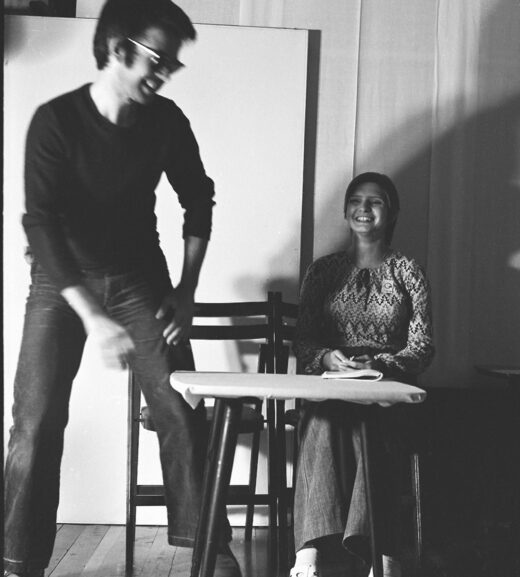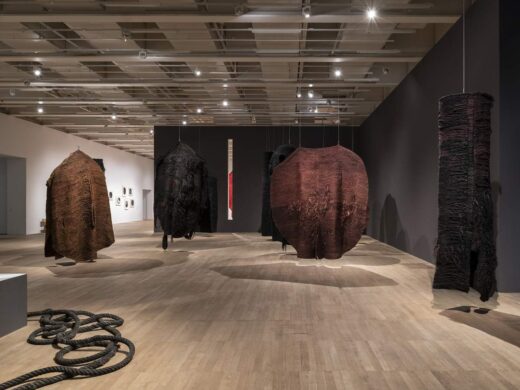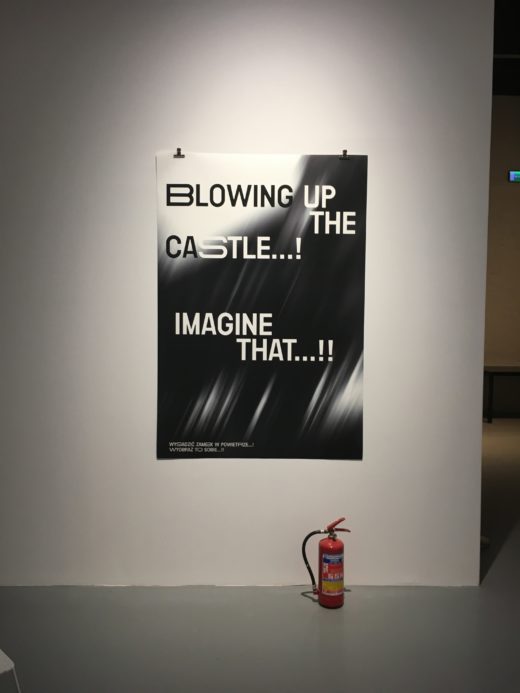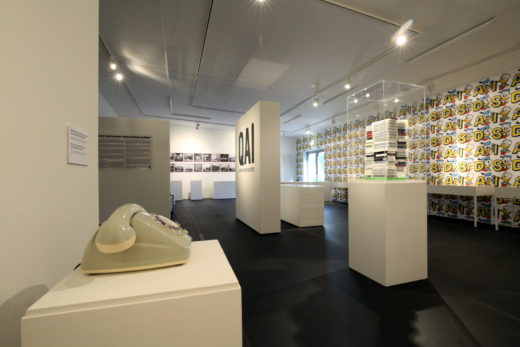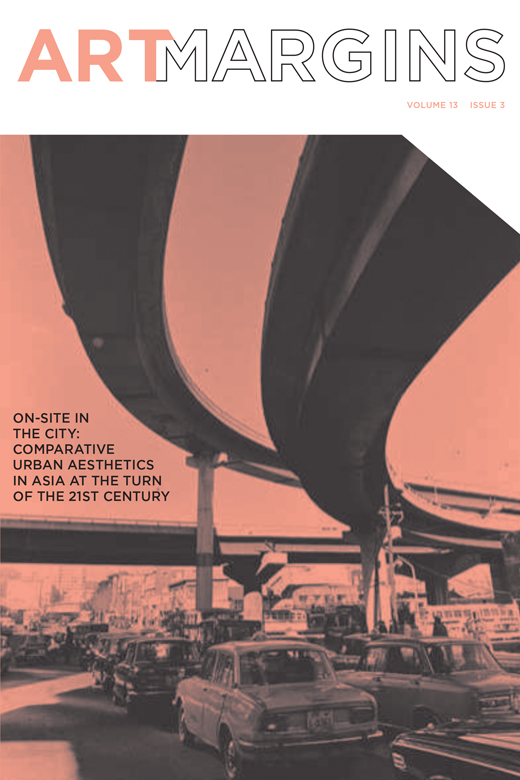Tagged: Polish art
“Being Together”: the Meeting of Mail-Artists at the F-Art Festival in Gdańsk, 1975
1975 marked the changing field of neo-avant-garde practice in Poland in which a popularization and consolidation of the mail art scene brought to the fore the significance of networked art, particularly in its capacity to foster international exchanges and meetings. In the first half of the decade contact became an important feature of conceptual art and neo-avant-garde art in the region, both as a subject of art and as a practice. The following analysis of artistic events and undertakings in 1975 proposes this year as a watershed moment in the development of networked art in the region and re-thinking how … Read more
Exotic Cosmopolitanism: Magdalena Abakanowicz at Tate Modern
Magdalena Abakanowicz: Every Tangle Of Thread And Rope, Tate Modern, November 17, 2022—May 21, 2023
Between autumn 2022 and spring 2023, the Blavatnik Building at Tate Modern hosted Every Tangle of Thread and Rope, a solo exhibition of textile works by Polish sculptor Magdalena Abakanowicz. Polish critic Piotr Sarzynski called the exhibition “a celebration of Polish art”—and rightfully so, as Tate’s presentation is one of the most prominent exhibitions of Abakanowicz’s work ever curated—and a unique chance for the international audience to become familiar with the sculptor and the narratives surrounding her work.(Piotr Sarzynski, “Las abakanów w … Read more
“Communism Never Happened”? Transformations of Art in East-Central Europe since 1989
Andrzej Szczerski, Transformation: Art in East-Central Europe since 1989. Translated by Sabina Potaczek-Jasionowicz (Kraków: Jagiellonian University Press, 2018).
The title of one of the chapters of Andrzej Szczerski’s Transformation: Art in East-Central Europe since 1989 can, curiously, summarize the entire premise of the book. The chapter in question is titled “Communism Never Happened.” This sounds paradoxical, of course. Yet the title is fitting: not because Communism is being ignored in this two-hundred-page-long, ambitious overview of art made after the collapse of the Soviet bloc, but because, for all that, it has virtually no impact on the identity of the … Read more
The Takeover: Karol Sienkiewicz on Recent Changes at Warsaw’s Center for Contemporary Art, and Beyond
In Autumn of 2015, when the right wing Law and Justice party (Prawo i Sprawiedliwość, PiS) scored a landslide victory in parliamentary elections in Poland, the Polish artworld braced for the worst. Cultural producers expected that the “good chane”—as the PiS leaders advertised their plans—would quickly permeate all the cultural institutions and sweep most of the directors within weeks, or, in most optimistic scenario, months.
Fortunately this did not happen. Unlike public television, which soon became the tube of the governing party and where the pro-government propaganda overshadowed even communist-era TV and reached the level of absurdity and Internet memes, … Read more
Karol Radziszewski: Queer Archives Institute at Berlin’s Gay Museum
Karol Radziszewski: Queer Archives Institute, Schwules Museum, Berlin, June 20 – September 23, 2019
From June 20 to September 23, 2019, Berlin’s Schwules Museum [Gay Museum] hosted an exhibition of queer archives from Eastern Europe collected and presented by Karol Radziszewski, Polish artist, activist, and founder of the Queer Archives Institute (QAI). The QAI is among the most extensive and most visible of a number of queer archives recently founded in Poland and in other Central and East European countries, where celebrating and memorializing non-heteronormative lives and cultural production remains a novelty, perhaps even a rarity. Historically, these countries differed … Read more

